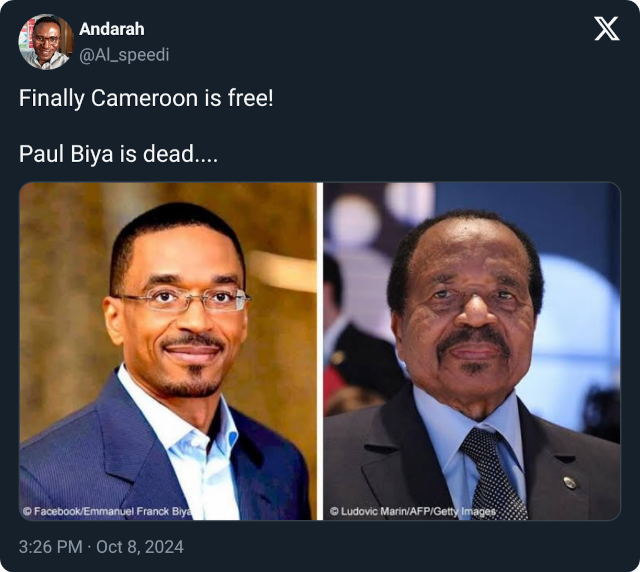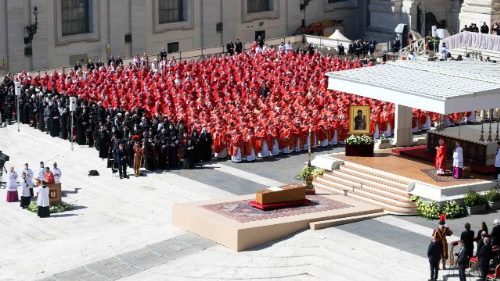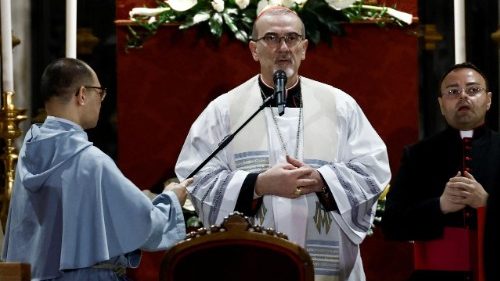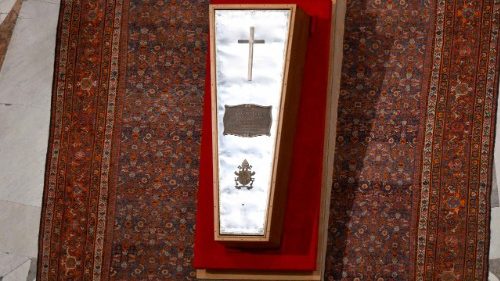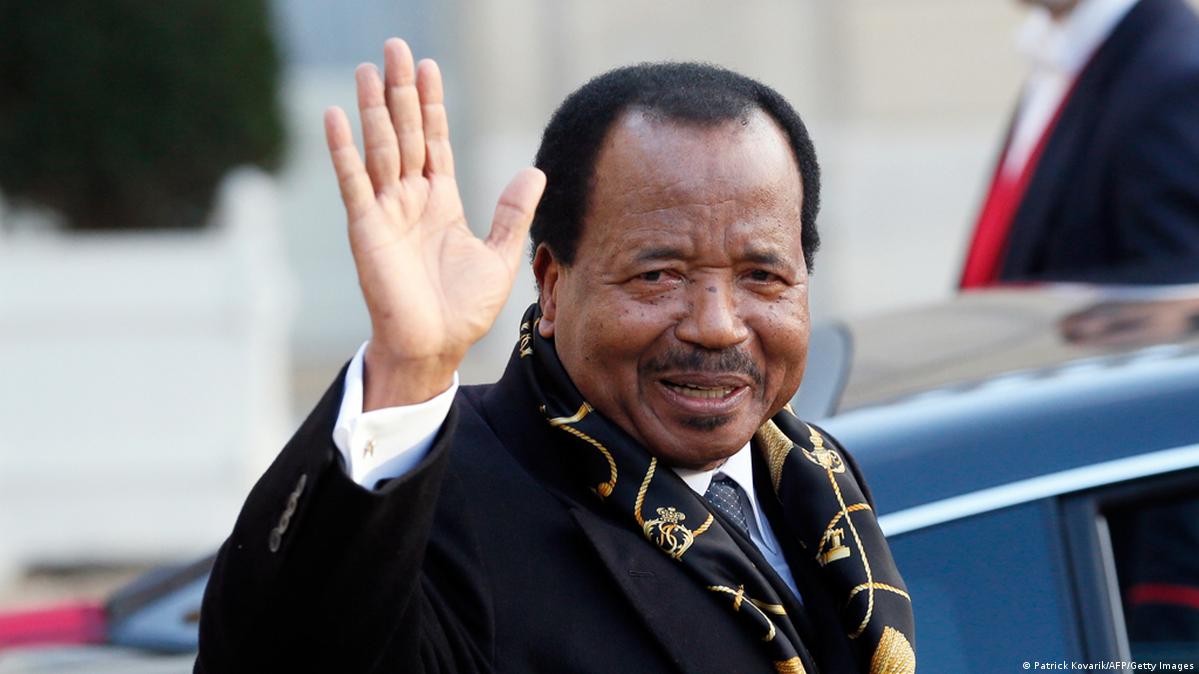
Rumours of Cameroonian President Paul Biya’s death have ignited political speculation and controversy surrounding the country’s succession plans.
Following Biya’s extended absence after the China-Africa Summit from September 4 to 6, 2024, lawyer Christian Ntimbane expressed concerns in an open letter to Samuel Mvondo Ayolo, the director of the Civil Cabinet. The absence of official updates on the 91-year-old president’s health has fueled widespread speculation, with reports suggesting he is either recovering in Switzerland or hospitalized in France.
Ntimbane has called for transparency, urging the government to clarify the president’s situation, saying, “If he is on vacation, say so. If he is sick, say that too,” in a bid to calm public concerns. Biya’s absence has dominated media coverage, heightening anxiety among citizens about political stability after his 42-year reign.
On platforms like X (formerly Twitter), public opinion is split. Some users speculate that France is attempting to install Biya’s eldest son, Franck Emmanuel Biya, as his successor, while others believe Cameroon is on the brink of freedom from Biya’s prolonged rule.
According to Cameroon Concord, a political framework may already be in place to facilitate the transition, with Biya’s brother-in-law, Robert Nkili, positioned to serve as interim president. However, opposition leaders such as Maurice Kamto could mobilize to contest any attempt at dynastic succession, pushing for democratic reforms.
Biya has been Cameroon’s president since November 6, 1982, following his role as prime minister from 1975 to 1982. He remains the second-longest-ruling president in Africa, the longest-serving non-royal national leader globally, and the oldest head of state.
As speculation swirls, the government’s silence continues to fuel public uncertainty about Cameroon’s political future.
